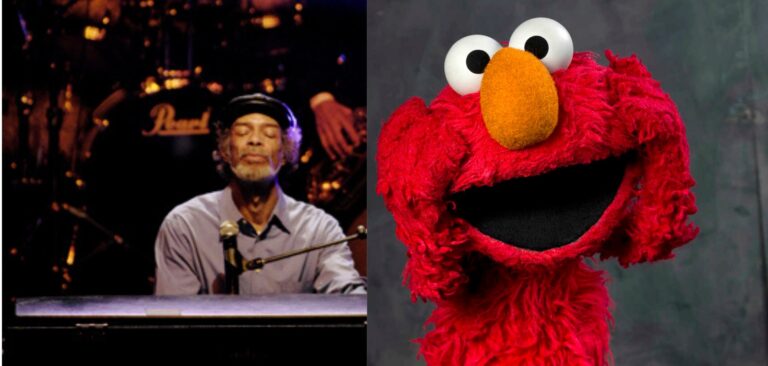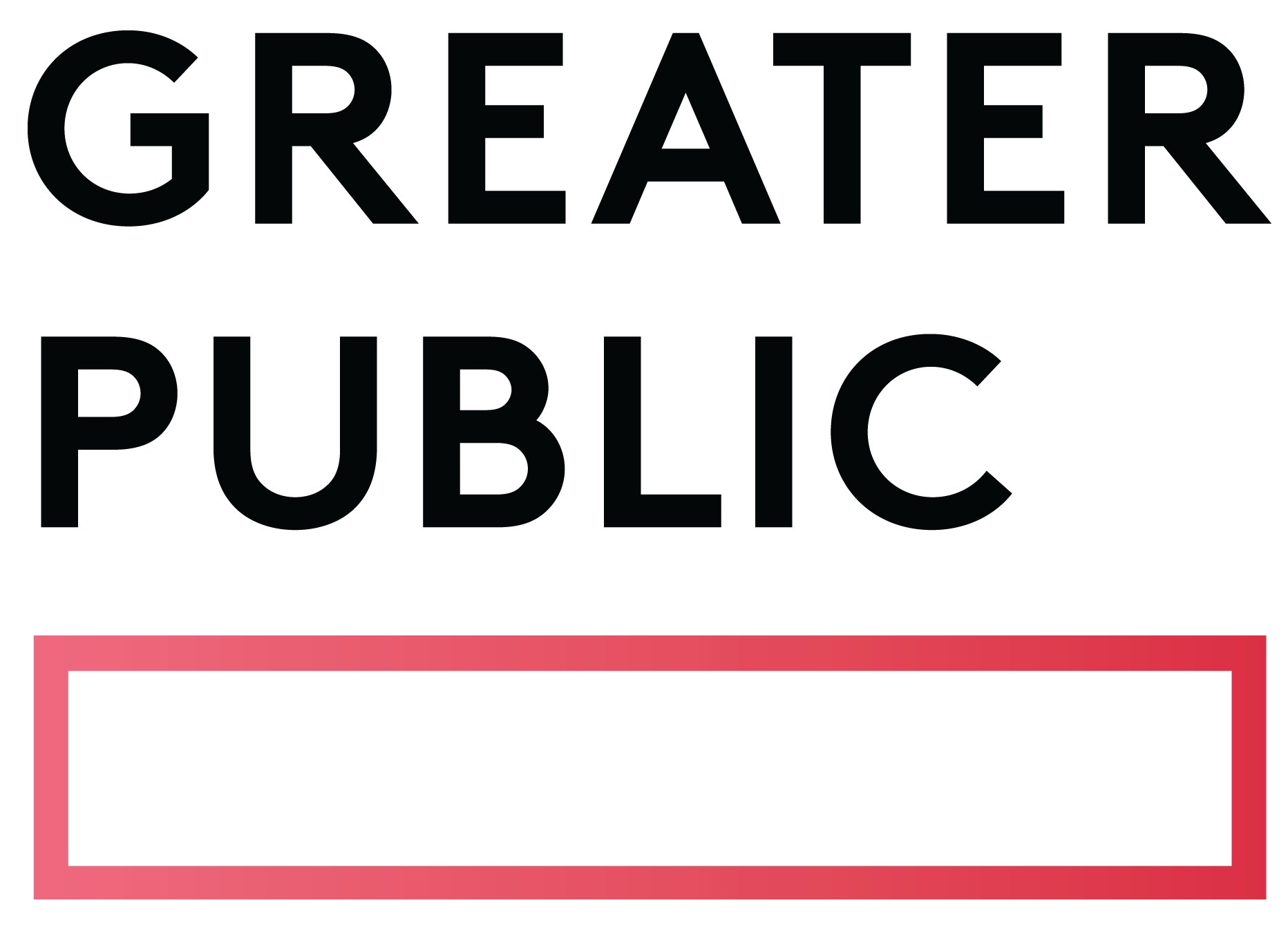Related Articles
Subscribe to the Greater Public newsletter to stay updated.
This site is protected by reCAPTCHA and the Google Privacy Policy and Terms of Service apply.

When Gil Scott-Heron said, “The Revolution Will Not Be Televised,” he might’ve been wrong. Because two years earlier, in 1969, the revolution was televised—with Muppets. They taught America’s children how to count, how to care, how to embrace differences and similarities.
Calling a children’s program revolutionary might sound like a stretch—after all, the word tends to conjure images of rifles and raised fists. (The “Revolutionary War” could also pass for a pretty solid punk band name.) But the revolution PBS sparked wasn’t about violence. It was about shared values. The idea that public programming for the public good was something we could all agree on.
I say that lightly, of course. I’m from South Carolina, where I’ve worked with SCETV, our local PBS affiliate—an organization now facing possible federal funding cuts of up to $3.1 million. It seems some politicians agree that Big Bird is important… just maybe not that important. Not $3 million important. “Do we really need that much money to teach these bad kids?” is the underlying tone.
Of course, threats to public media budgets aren’t new—especially in red states like mine. But in the last few years, something has shifted. It’s not just about dollars anymore—it’s about disdain. And for that, I think we owe someone an apology: Elmo.
Last year, Elmo’s Twitter account posted a simple check-in: “Elmo is just checking in! How is everybody doing?”
The internet poured its collective trauma into the replies. Grief. Depression. Exhaustion. Elmo took it all in stride and responded, in classic Elmo fashion: “Wow! Elmo is glad he asked!” He promised to check in again soon.
And then, just weeks ago, Elmo’s account was hacked—used to spew anti-Semitic hate (initially had me thinking Kanye West was the hacker). For a moment, it felt like even ‘Sesame Street’ wasn’t safe. The tweets were deleted. The hacker was removed. But for many of us who grew up believing that 123 Sesame Street was one of the safest addresses in America, the damage was done.
Why choose something so loving, so inclusive, as the target for your hate? Even the corner boys on ‘The Wire’ had a code—no dope on Sundays.
This wasn’t just a random attack. It was a reflection of something deeper. We’ve seen politicians threaten public media before, but never with such open contempt.
In May, a headline on the official Trump campaign site read: “President Trump Finally Ends the Madness of NPR, PBS,” followed by a directive to strip federal funding from 330 stations—including my own in South Carolina. This triggered lawsuits from both NPR and PBS. And all I could think about was Elmo—no longer daring to ask how we’re feeling.
Two things come to mind in this moment of public media under siege.
First: I think of the Jim Crow South. My grandmother Frances, whom I’ve written about before, worked as a caregiver for white families. She’d cook, bathe, and care for their children—yet she couldn’t eat in the same restaurants or shop in the same stores as the people she served. That contradiction—of receiving care from someone you would politically suppress—is still alive today. I would bet good money that many of the politicians who now rail against PBS once watched Reading Rainbow or grew up with lives shaped by Mr. Rogers.
Second: I think about fear. I own a gallery in Columbia called SoulHAUS, a space that centers Black and brown artists. In recent years, I’ve heard from artists and collectors alike—especially those from immigrant communities—that political uncertainty has stifled both creativity and commerce. When people are afraid to go to Home Depot because their complexion might get them profiled, it’s hard to feel safe making or buying art.
How are public media donors processing this moment? Thankfully, many aren’t backing away—some stations have even reported record-breaking fundraising drives in recent months. But even with this outpouring of support, stations are still being forced to announce layoffs, scale back programming, and navigate an exhausting landscape. Even with that in mind, there is still a focus on making sure we keep the momentum. How do we make this a consistent change and not a temporary trend?
But uncertainty isn’t a reason to step back—it’s the reason to lean in. Public media has never just been about programming. It’s been about presence. It’s been about possibility. And thankfully, many people seem to understand that. Donors are showing up. Viewers are speaking out. But the pressure remains—stations are still being forced to make intricate cuts, and the fatigue is real. If we let the loudest voices silence Big Bird, cut the mic on LeVar Burton, or tell Elmo to sit down, we’re not just losing TV shows. We’re losing part of our cultural soul. And if we care about that soul—if we believe there’s still power in seeing ourselves reflected with kindness and complexity—then now is the time to respond with resolve. The revolution is still being televised. And next pledge drive? I vote Elmo does his best Gil Scott-Heron impersonation. That one’s free. You’re welcome.

This site is protected by reCAPTCHA and the Google Privacy Policy and Terms of Service apply.
New to Greater Public? Create an account.
